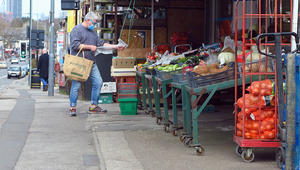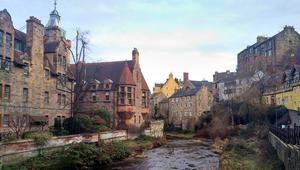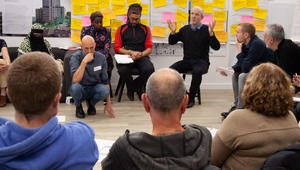MPs and academics to write essays on pathways to Net Zero
Professor Andy Gouldson of PCAN will be giving evidence on place-based climate action to a virtual round table with parliamentarians, civil servants and representatives from industry and the third sector today (Monday 8 June 2020).
Prof Gouldson is one of four academic experts from the Priestley International Centre for Climate at the University of Leeds who are partnering with MPs to put together an essay collection addressing climate change and meeting the UK’s target of net zero emissions by 2050.










